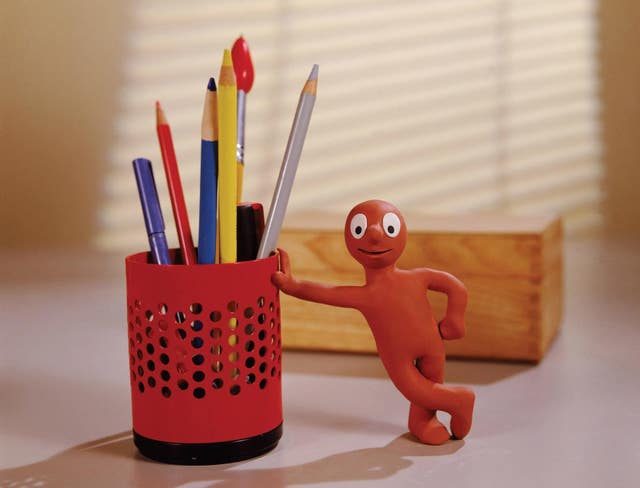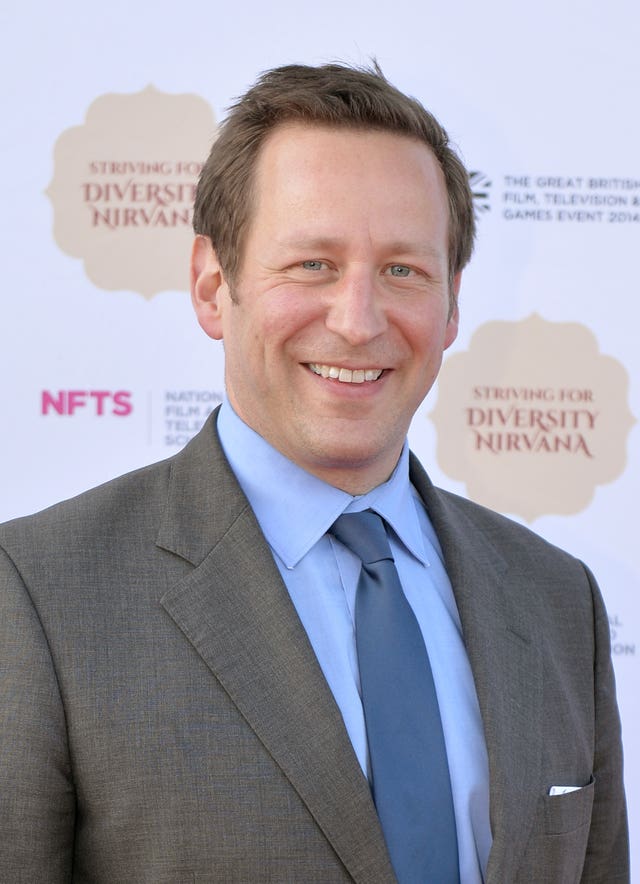
The Government has begun taking applications for shares of a £60 million fund aimed at finding the next hit children’s show.
The competition seeks to give the UK’s radio and television sectors a much-needed boost in discovering the next Peppa Pig or Art Attack.
The Contestable Fund was launched as a pilot scheme in December 2017 by the Department for Digital, Culture, Media & Sport (DCMS).

Investment in children’s programming has declined, with public service broadcasters spending about 40% less than they did in 2006, according to the DCMS.
The fund will give £57 million to a Young Audiences Content Fund, administered by the British Film Institute (BFI), providing resources for new programming that represents UK children and teenagers today.
The scheme also includes a £3 million Audio Content Fund intended to encourage innovation in the commercial radio sector.
Digital and creative industries minister Margot James said: “Young people in the UK deserve high quality content that entertains, informs and reflects their experiences growing up across the country today.

“The UK’s broadcast sectors reach hundreds of millions of people of all ages around the globe and are a tremendous success story that we are justifiably proud of.
“This innovative project is an integral part of our ongoing support for the UK’s vibrant media sector which we want to see go from strength to strength.”
Head of the Young Audiences Content Fund at the BFI Jackie Edwards said: “It is such a thrill to throw the fund doors open, and a privilege to help support the development and production of brilliant, innovative television programmes that uniquely reflect the lives of children across the UK.
“Thanks to investment from the DCMS, this fund has the power to create a real cultural impact in this country, fostering creativity, helping grow and preserve the public service broadcast landscape and best of all, creating exciting, nourishing content that the audience will treasure for life.”
But the BBC has criticised the scheme, claiming in October last year that the money will inadvertently “subsidise big global media companies such as Netflix and Amazon, without addressing issues parents care about like online safety”.
Ed Vaizey, a former culture minister, echoed the BBC’s criticism.
He wrote in the Evening Standard: “This kind of fund has not been successful elsewhere, and I have severe doubts that this £60 million will end up being money well spent.
“Ironically, the money could even end up providing subsidies to Netflix and Amazon, who certainly don’t need it.”


Comments: Our rules
We want our comments to be a lively and valuable part of our community - a place where readers can debate and engage with the most important local issues. The ability to comment on our stories is a privilege, not a right, however, and that privilege may be withdrawn if it is abused or misused.
Please report any comments that break our rules.
Read the rules here